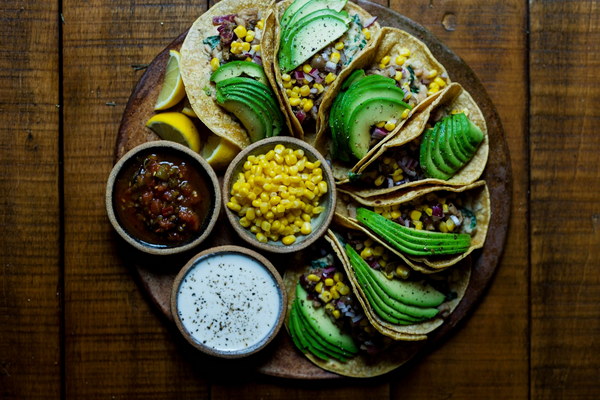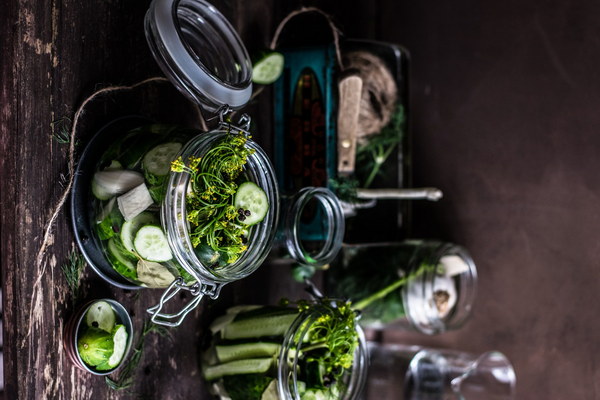Is Winter Melon Suitable for Stomach and Spleen Nourishment
Winter melon, also known as luo han guo in Chinese, is a popular fruit in Asia that is known for its cooling properties and health benefits. As the weather gets colder, many people turn to winter melon soup to nourish their bodies and boost their immune system. However, some may wonder whether winter melon is suitable for those who are focusing on stomach and spleen nourishment. In this article, we will discuss the pros and cons of consuming winter melon during the period of stomach and spleen nourishment.
Firstly, it is important to understand the functions of the stomach and spleen in traditional Chinese medicine (TCM). The stomach and spleen are considered the foundation of the body's health, as they are responsible for the digestion and absorption of nutrients. When these organs are functioning properly, the body can effectively utilize the nutrients from food, leading to overall health and well-being. However, when the stomach and spleen are weakened, symptoms such as fatigue, bloating, and poor appetite may occur.
Winter melon is a cooling and diuretic food that helps to remove excess heat and dampness from the body. In TCM, it is believed that excessive heat and dampness can lead to stomach and spleen imbalances, causing various health issues. Therefore, some people may think that consuming winter melon can help improve their stomach and spleen health.

On the positive side, winter melon contains a variety of nutrients, including vitamins, minerals, and dietary fiber. These nutrients can help to strengthen the immune system and improve digestion. Additionally, the diuretic properties of winter melon can aid in the elimination of waste products from the body, reducing the risk of dampness-related issues.
However, there are also some concerns regarding the consumption of winter melon during the period of stomach and spleen nourishment. Since winter melon is a cooling food, it may exacerbate the symptoms of spleen deficiency, such as fatigue, bloating, and diarrhea. In TCM, spleen deficiency is characterized by a weak digestive system and poor absorption of nutrients. Therefore, it is important to be cautious when incorporating winter melon into your diet during this time.
To determine whether winter melon is suitable for you during the period of stomach and spleen nourishment, consider the following factors:
1. Your specific health condition: If you have a history of spleen deficiency or other digestive issues, it may be best to avoid or limit your intake of winter melon.
2. The quality of the winter melon: Ensure that the winter melon you consume is fresh and of high quality. Spoiled or improperly stored winter melon can exacerbate stomach and spleen problems.
3. Your overall diet: Incorporate a balanced diet that includes warm and nourishing foods, such as ginger, garlic, and other root vegetables, to support your stomach and spleen health.
In conclusion, while winter melon has potential health benefits, it is important to consider your individual health condition and dietary needs before incorporating it into your diet during the period of stomach and spleen nourishment. If you are unsure about whether winter melon is suitable for you, it is always a good idea to consult with a healthcare professional or a TCM practitioner. By making informed decisions about your diet, you can help ensure that your stomach and spleen remain healthy and balanced.









